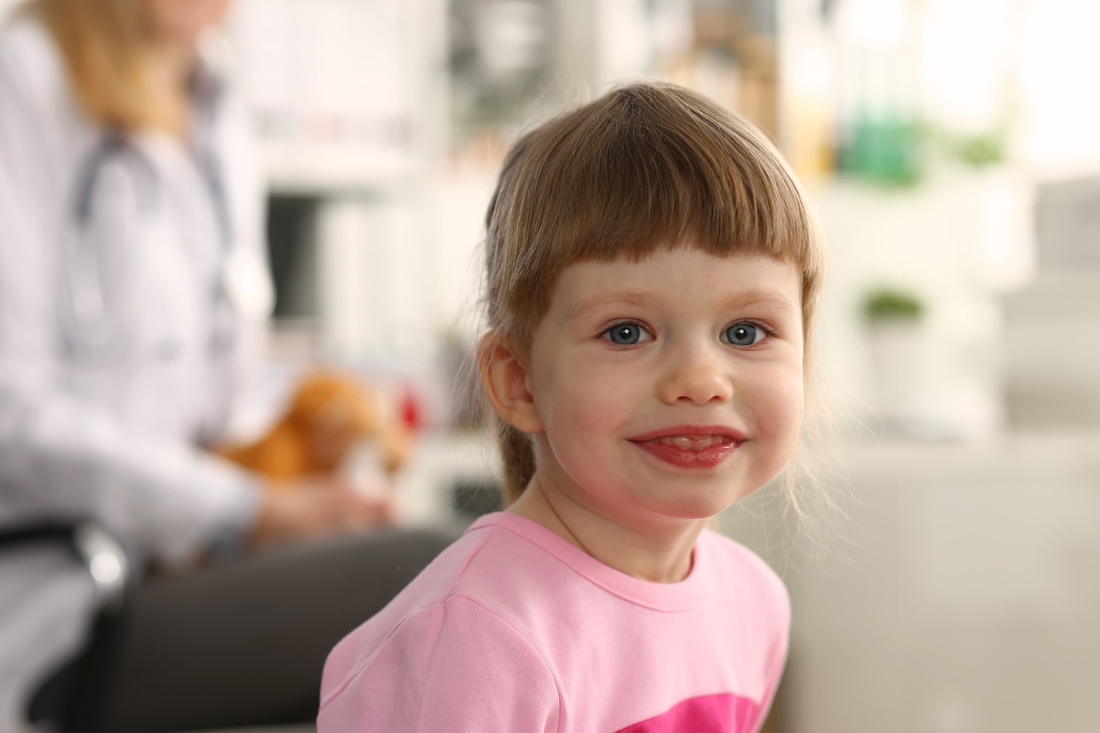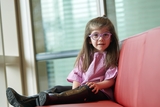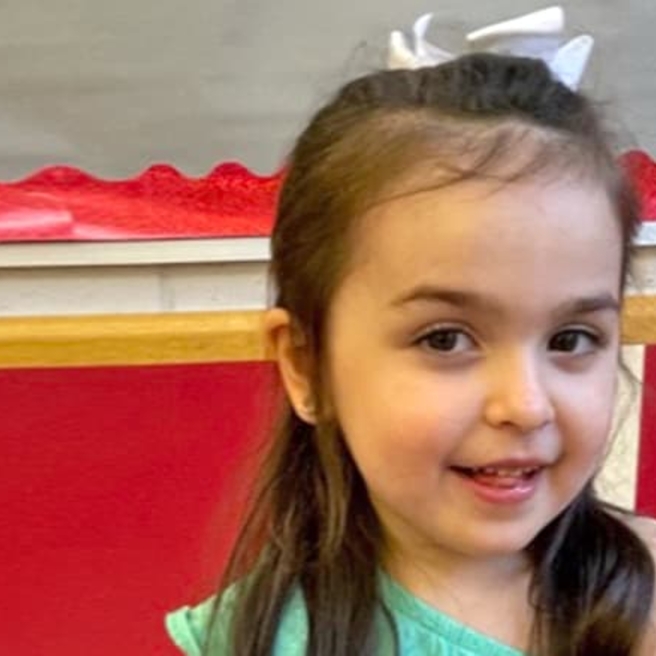Rett Syndrome Clinic

Learning your child has Rett syndrome or a related neurodevelopmental disorder is overwhelming. Living with this condition can be extremely challenging. We are here for you. The Rett Syndrome Clinic at Children's Hospital of Philadelphia (CHOP) has a team of experts who are incredibly knowledgeable and able to manage every aspect of care. We are accessible to your family and will support you and your child in whatever ways you need. Our clinic has been named a Center of Excellence for its dedication to children with this complex condition. We offer opportunities to participate in promising clinical trials of breakthrough treatments.
How we serve you
Your child's Rett syndrome team includes specialists with expertise in managing care who are also leading research to develop new ways to treat this condition.
Conditions we treat
If your child has been diagnosed with or has symptoms of Rett Syndrome, we are here to help.

Meet your team
Here at the Rett Syndrome Clinic, you have access to a team of experts with experience managing the care needs of children with this complex condition.

Our locations
You can visit staff from the Rett Syndrome Clinic at the Buerger Center for Advanced Pediatric Care and Main Hospital on our Philadelphia campus.

Our research
CHOP is a leader in Rett syndrome research. Many ongoing clinical trials at CHOP — observational and interventional — are working toward a treatment/cure for Rett syndrome and its related disorders.

Rett syndrome resources
We have created resources to help you find answers to your questions and feel confident with the care you are providing your child.

Your child’s appointment
Learn what to expect at your first appointment at the Rett Syndrome Clinic. We have information about testing that may be recommended for your child as well as who you can expect to meet at your appointment.
Your donation changes lives
A gift of any size helps us make lifesaving breakthroughs for children everywhere.

